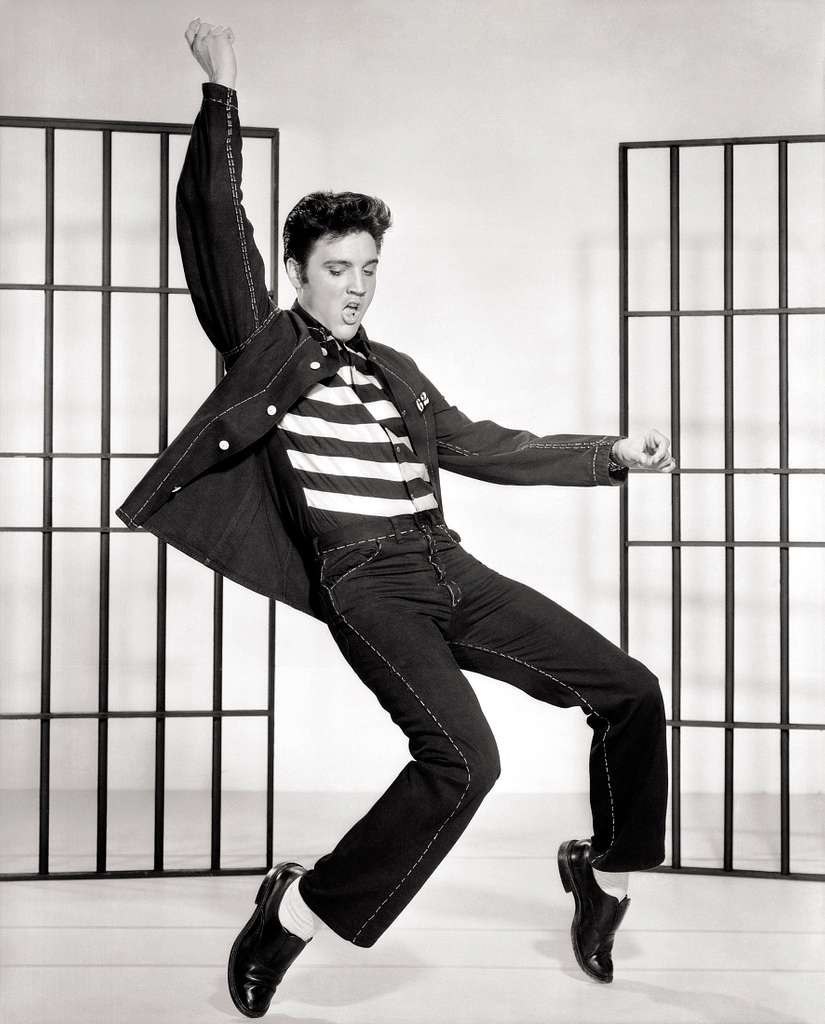I wouldn’t classify myself as a movie “lover”, but I certainly enjoy quality films in a variety of genres. If something hits the box office and it catches my interest, I may choose to make the trip to the theaters. With recent films depicting music legend, Elvis Presley, I had no choice but to seek out the truth.
In July of 2022, I saw “Elvis,” Baz Luhrmann’s creative biographical picture that tracked the rise and fall of Presley. I would classify this movie as packed, theatrical and dramatic. Luhram’s film style is flamboyant, unique and inherently vibrant. With Austin Butler casted to play Presley, the film was striking and bold. Overall, I enjoyed watching and have watched the movie since my initial viewing.
I felt immersed in the film and its creative depiction of Presley’s life and torn relationship with Colonel Tom Parker, his infamous and corrupt manager. As a weak critic, I thought Butler played his part well. Overall, this film drew on specific moments of Presley’s life with a focus on how the escalation of his career was in part to the questionable management of Parker.
With a two hour and 39 minute run time, the film covers Presley’s childhood until his death, the true span of fame and its undeniable impact for better or for worse. In this movie, Presley is the manipulated one; the easily influenced, fame-driven star that had original intentions of simply making music. Parker is portrayed as a power-hungry manager with a fixation on monetary value. Again, Presley is the one who is swayed.
Recently, a biographical picture titled, “Priscilla,” hit the theaters, an A24 film starring Cailee Spaeney as Priscilla and Jacob Elordi as Elvis. This time, the role of Elvis as the manipulated character is flipped, showcasing a different relationship between the young lovers that many may not have suspected. In this film, viewers see how Priscilla began her relationship at a young age with all the tribulations of dating a rebellious, Hollywood-esque star.
Elordi represents Presley as tainted and manipulative, with notions of infidelity and dishonesty in terms of his relationship with Priscilla. The film was adapted from Priscilla’s book, “Elvis and Me,” a number one NY Times Best Selling Memoir that tracks the vivid details of Priscilla’s life with Elvis. And just like Luhrman’s movie, I found this film to be well done. The acting was credible and dynamic; the story aligned with the details within the bounds of Priscilla’s memoir.
But, as much as these films painted Elvis in juxtaposing lights, I was able to identify a common theme. The continuity is as follows: fame inherently involves an element of self sacrifice. Those with celebrity status leave privacy behind, which can lead to tumultuous relationships and the downfall of those that were portrayed as invincible. In a way, I’m eagerly embracing the comparison of these films. With a broad perspective, viewers are able to determine who the real Elvis was.
But still, I don’t know if people will ever know the true nature of Elvis Presley. A short life means we lose the opportunity to trace characteristics over a long period of time. But, what we do know is that Presley had depth. Inner conflict, turmoil and complications with life in itself are ways to understand the trajectory of Elvis. His rise and fall. His life behind closed doors. All of it is something we just may never know.


